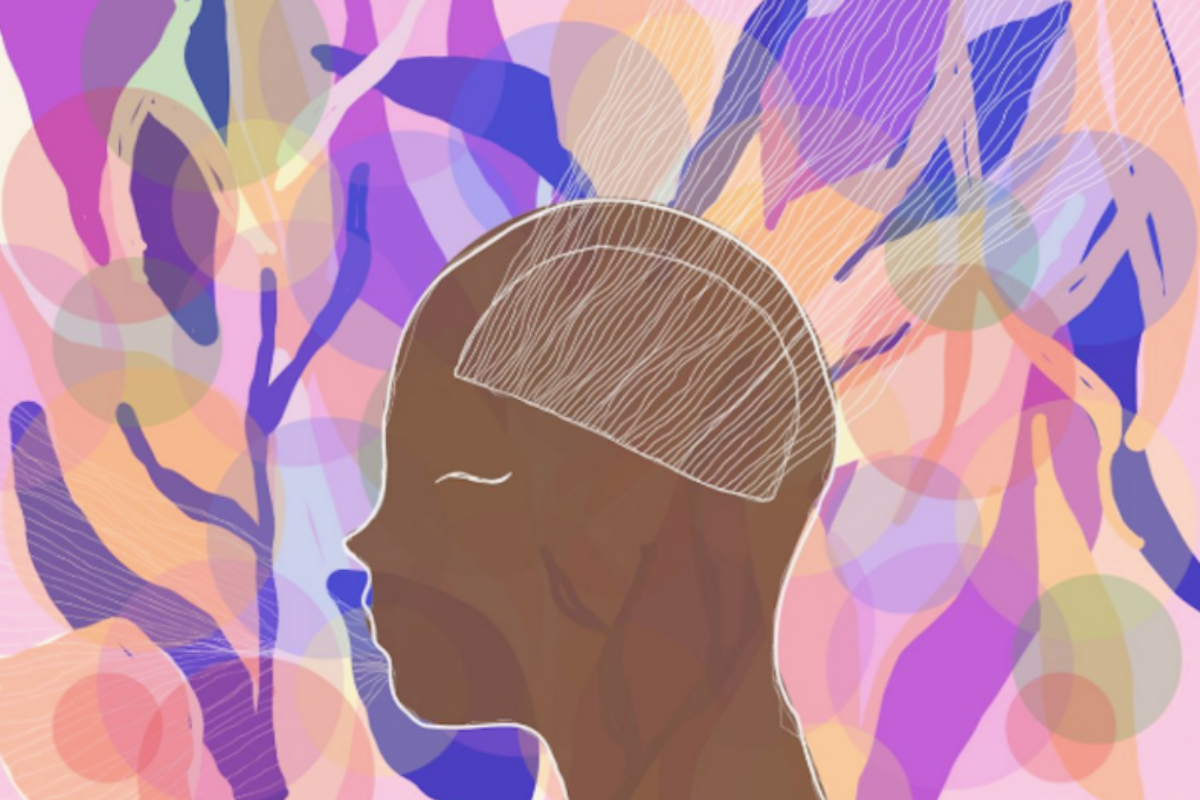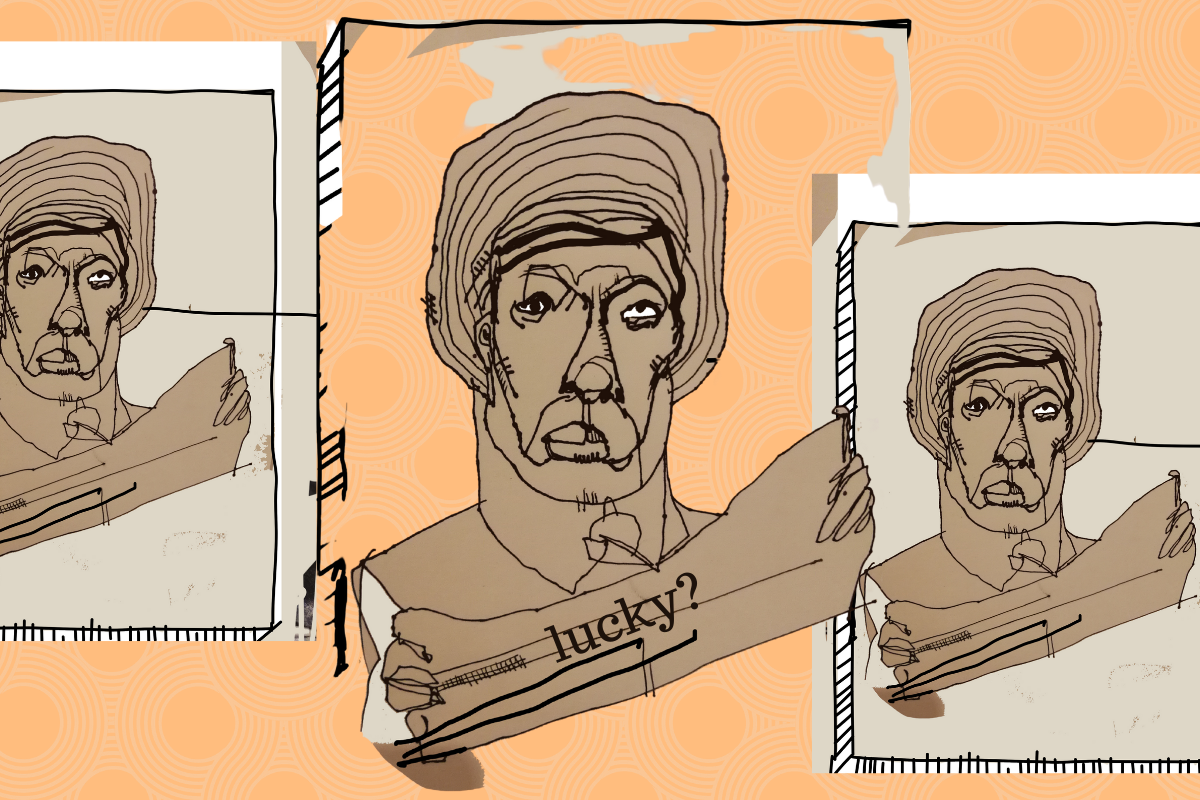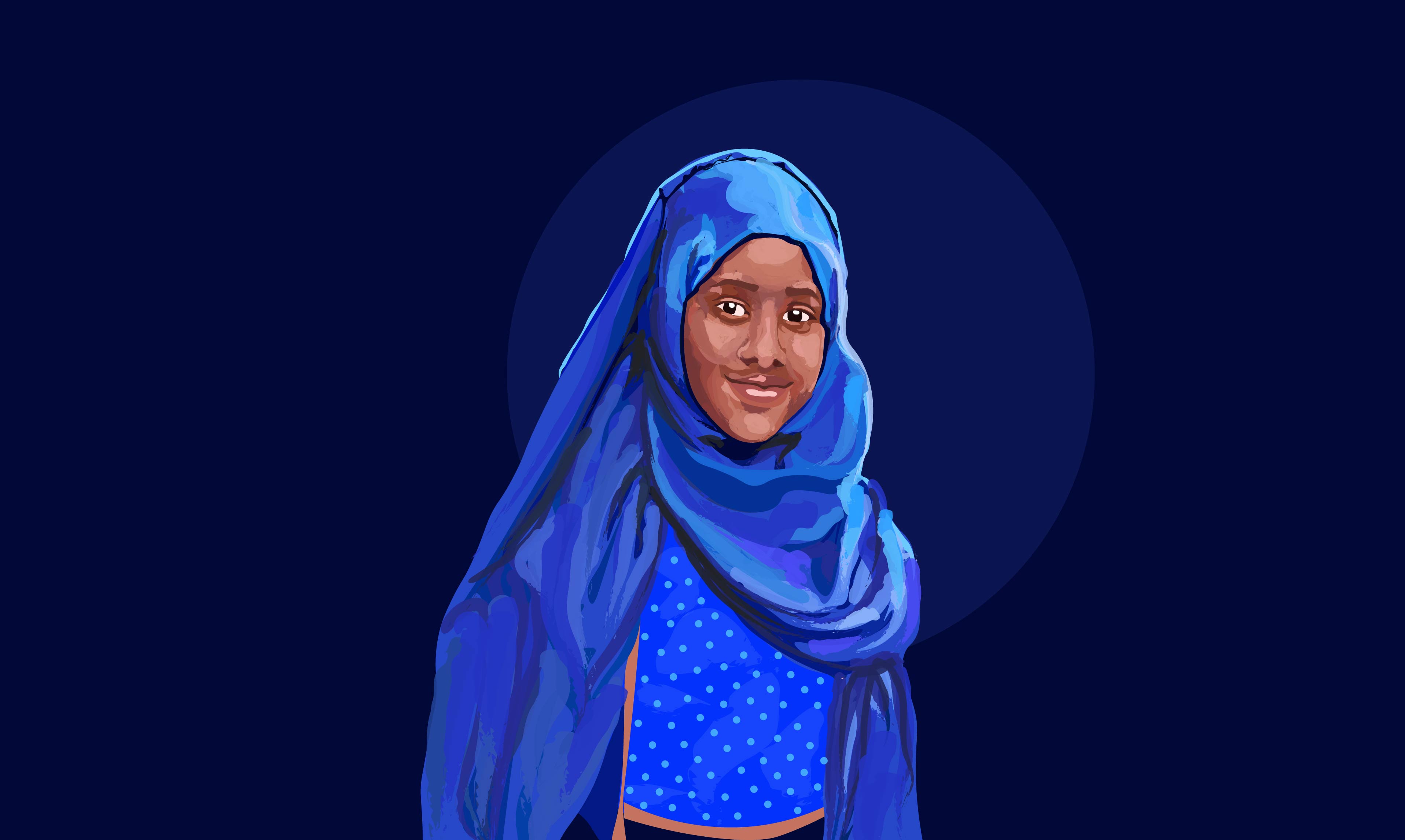
Illustration by Michelle Wong
As the world becomes increasingly interconnected and globalised, inevitably this means the movement of people across borders becomes more rampant. The United Nations estimates that 244 million international migrants exist worldwide. Looking at specific countries, such as Somalia, as of 2009 about 14% of the population are believed to live outside the nation, with the number having steadily increased since then. The largest Somali community in Europe, my community, is also believed to reside within the UK.
For Somalis in particular, civil unrest and economic instability have been some of the leading factors that have led to many fleeing the country. Oftentimes, those in the West hear of the hardships that are experienced by individuals who have travelled from Somalia, but a narrative that tends to get lost is the struggle that exists in the UK within these households, and the way in which eldest siblings – often daughters – are impacted.
I spoke to three other eldest daughters of Somali migrant parents, and their stories mirrored my own experiences. This is not to say that these occurrences are exclusive to the Somali community – in fact, they are also often shared by other children of migrants from across the world. Yet I am examining the dynamic within the Somali community because that is what I am most familiar with.
“From a very young age, I found myself having to explain letters and forms that were beyond my comprehension to my parents”
Fatima
Parenting techniques targeted at girls were often stricter, and the level of responsibility placed on them exceeded those expected of their brothers. As a result, despite the eldest child sometimes being a boy, it was usually the case that he got away with doing very little and it would be the first girl who bore the brunt of many of the pressures.
Hanna, a 26-year-old producer and co-founder of Home Girls, an organisation to “support eldest immigrant daughters”, shared how despite having a brother less than a year older than her, their experiences growing up were “wildly different.” So much so that, up until the age of 15, she was responsible for cleaning everyone’s bedrooms, including her older brothers.
The presence of this gender disparity is often what makes life growing up difficult as the eldest daughter. The dangerous idea that “girls are more mature,” and have a duty of care to everybody in the home, from parents to siblings, means that eldest daughters are often in a place where they find themselves growing up ahead of their time.
“I remember that I was often told to act like ‘naag weeyn’ (big woman) from when I was super young and ended up feeling older than I actually was,” shares Saida, now 24, and the eldest of six. This was suffocating for her, she says, because it left her no room to make the mistakes that any young person would. Instead, Saida had to take on duties that were far beyond her ability at that age. By 11, she found herself taking the position of a co-parent in the home, helping out with the chores on top of the requirements of school and the expectation to excel within it.
“I find the gendered expectations on me have followed me into my own adulthood”
Khadija
But it wasn’t just the pressure to do well at school and help around the home. Being new to a country meant dealing with a lot of legal documents, and letters from the council. Due to language barriers this could prove difficult without somebody better equipped with the language, another responsibility that fell on the eldest daughter.
From a very young age, I found myself having to explain letters and forms that were beyond my comprehension to my parents. It meant my understanding of the world and systematic structures developed a lot sooner than most individuals. Although there exists the benefit of having a level of understanding that was mustered early in regards to dealing with these problems, I often feel frustrated that an element of my youth was stripped, because I had to deal with adult issues from a young age.
Moreover, being aware of our familial issues from a young age meant I fostered anxiety, not only because of our living situation, but also about being able to ask my parents for help. Yet, as my parents never turned to my siblings, their ignorance to many situations meant they were not riddled with the same reluctance.
Khadija, the eldest of three and now in her early 40s, also reflects on how responsibilities she had as a young girl have manifested into integral parts of her character now. “I find the gendered expectations on me have followed me into my own adulthood. I put a lot of pressure on myself to do it all. To marry, have kids, study, work – all at the same time! Not allowing myself to ever fully rest.”
“I couldn’t do any after school clubs because I would pick my siblings up from school”
Saida
This is something emulated by Saida, who also continues to struggle with the idea of putting herself first as she grew up sacrificing what she wanted to do. “I couldn’t do any after school clubs because I would pick my siblings up from school, or I wouldn’t be able to go out with my friends because I am helping hooyo (mother) with the kids.”
For Hanna, the behaviours that have followed her into adulthood as a result of being the eldest daughter are why she decided to set up Home Girls. “I am very caring – even when crossing the road I will hold my partner’s hand just to make sure he’s okay. I grew up having to think for everyone and ensure everyone else was happy, which is one of the reasons I set up Home Girls: to help other young women going through what I did growing up.”
After a conversation with her friend, a fellow eldest daughter with Nigerian migrant parents, Hanna realised she was not alone in the experiences she had growing up. She then put out a tweet stating she wanted to start something for girls who grew up the eldest daughter of migrant parents, and after an overwhelming response, the inception of Home Girls took place.
The name is a play on the idea that eldest daughters of migrants spent so much time in the home. But now they are now coming together and forming a union and safe space to hang out and discuss the issues they had with their upbringing without feeling ostracised, judged or deemed as ungrateful.
“I set up Home Girls to help other young women going through what I did growing up”
Hanna
Not only is the space for young girls, but also for older people too, who – in their adulthood – are starting to come to grips with thinking about themselves for the first time in their life. Hanna outlines the guilt that’s often attached to this and, as a result, the first event Home Girls held was a session with a counsellor to help the girls come together, unpack these feelings and understand the psychological reasoning for their behaviours.
In the long term, Hanna wants to set up workshops to help these eldest daughters develop the more practical skills they missed out on honing in on as children, like riding a bike and swimming. She also wants to set up spaces for younger girls still in school to revise, study and have their own space, without the disturbance of siblings or chores.








